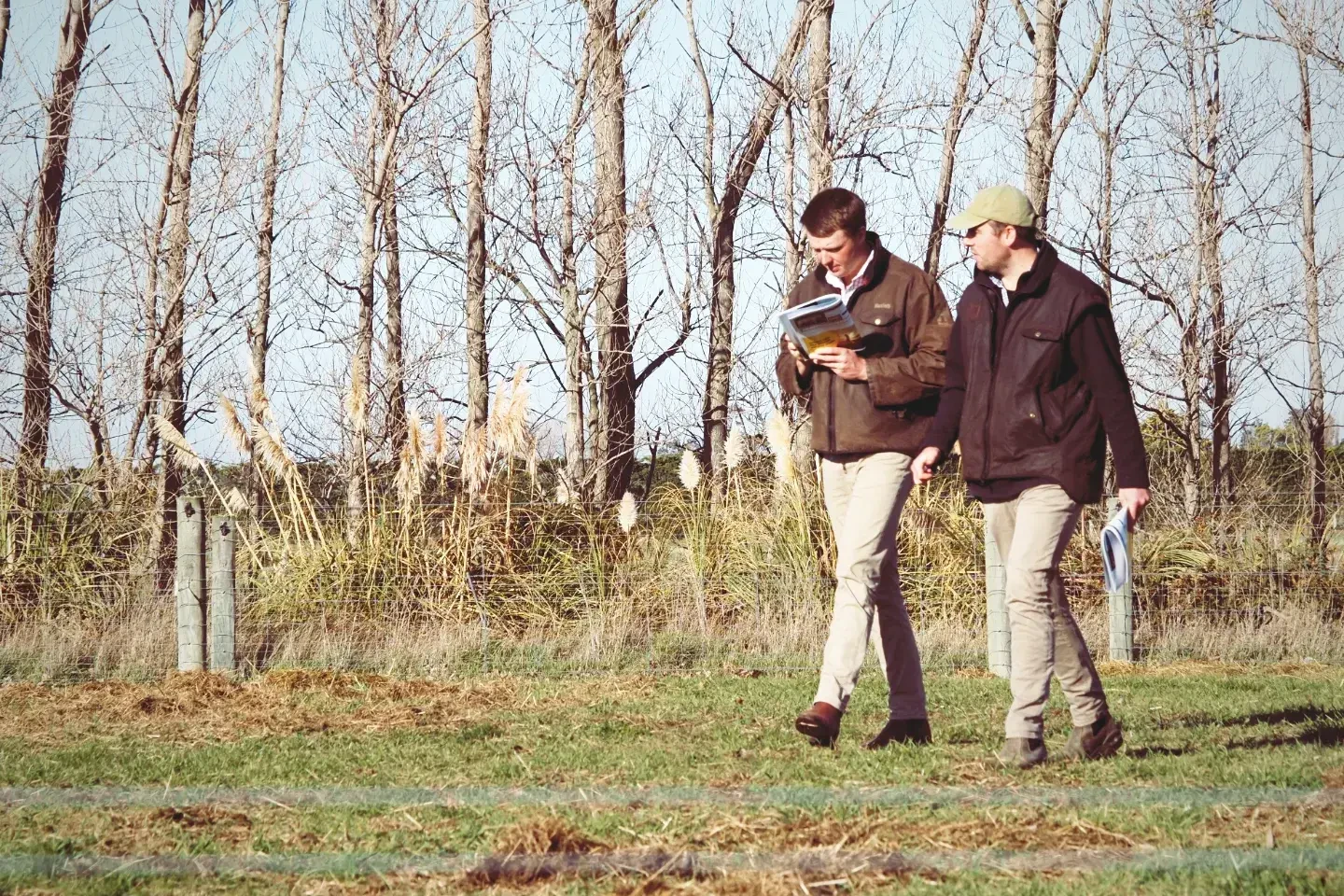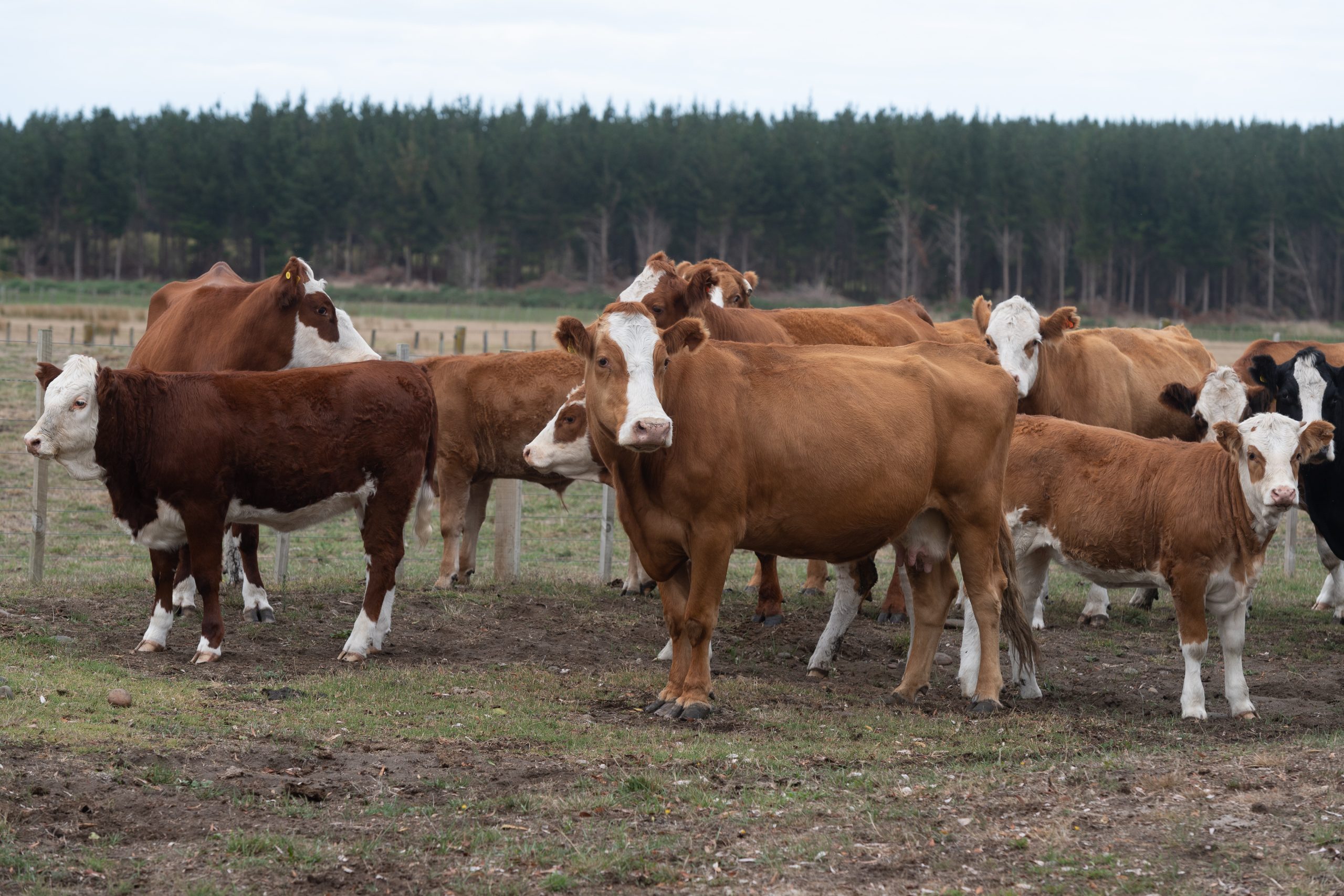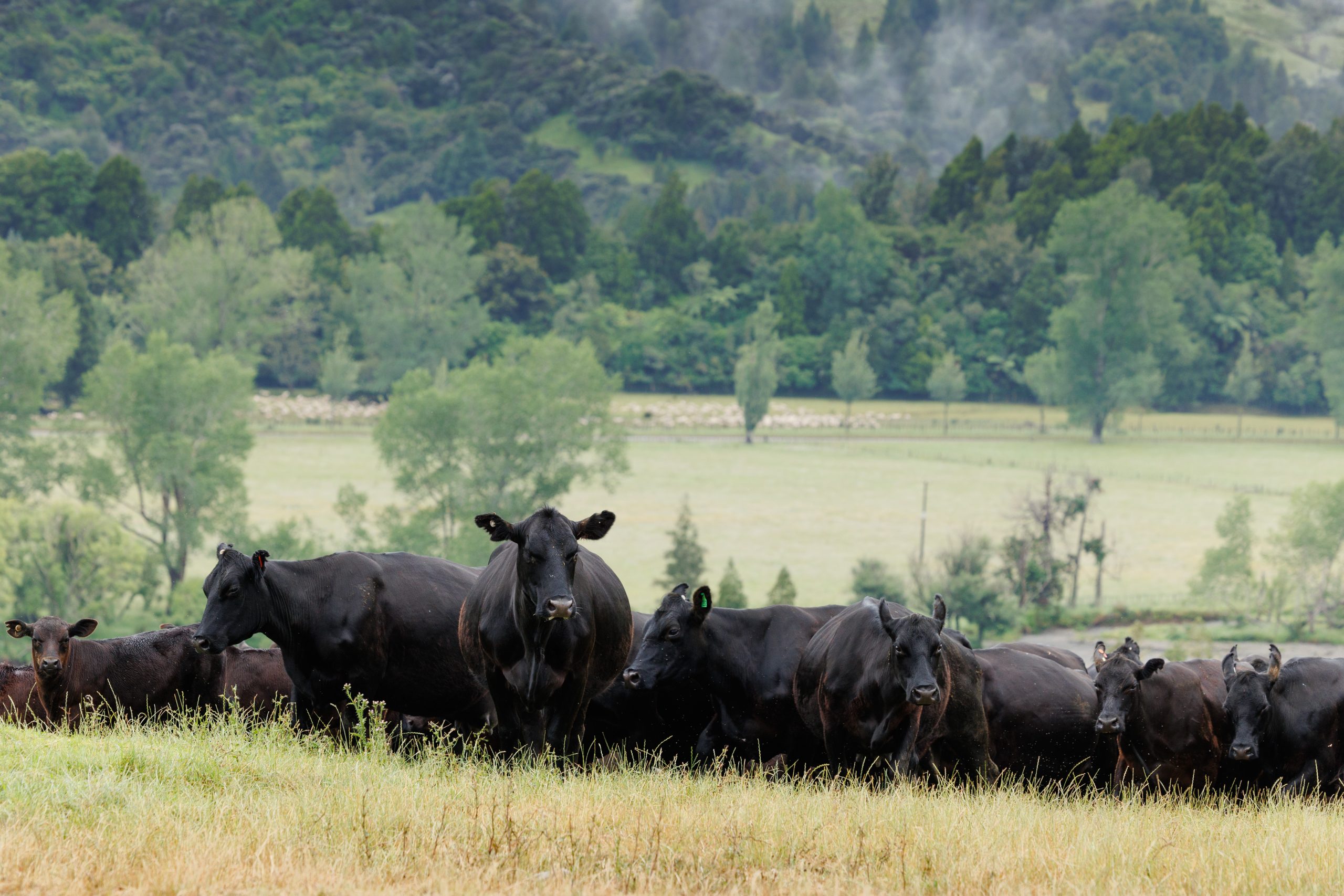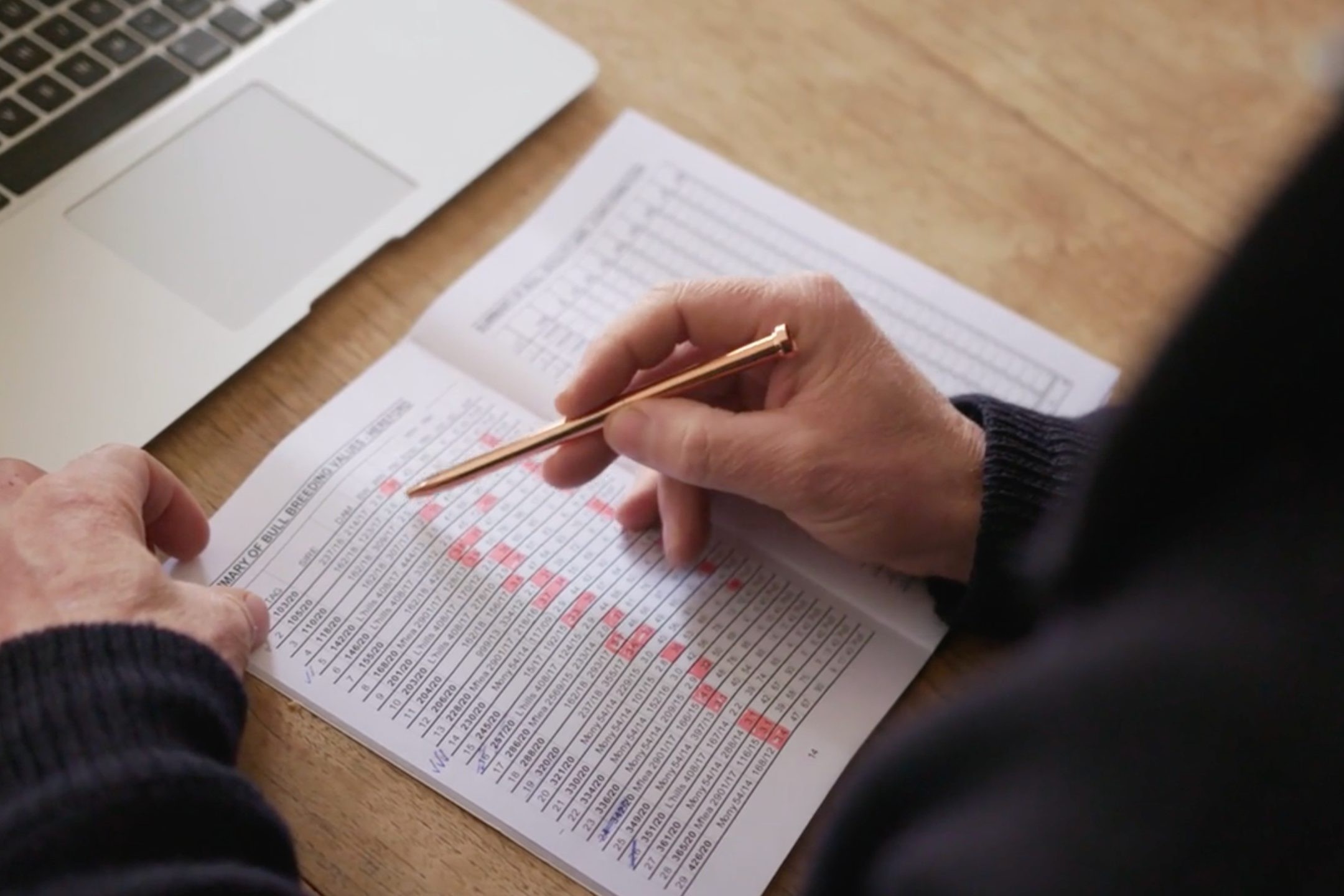A dynamic approach
Integrated Farm Planning is a dynamic approach to recognising how the components in our farming systems are connected. Words by Rachel Joblin.

By integrating land use, environmental sustainability, business management and financial planning farmers can create a business with greater resilience. A farming business of the future will have greater expectations placed on them to be able to operate and demonstrate the way products are created to stakeholders.
Wherever we look and whatever we read it is hard to ignore that domestic and international consumers and markets have a view that producers need to plan, document, and share information. Farmers have long held the belief that farming in New Zealand is a sustainable process and are now coming under pressure to measure their efforts in more objective ways and even participate in independent reviews. Integrated Farm Planning is a pathway to learn about, assess and manage our resources.
Whilst an Integrated Farm Plan (IFP) does not define sustainability it is a way to develop strategic thinking, deepen knowledge around the components and bring documentation to one place. IFP’s are a way to formalise what happens, or you want to happen, on a farm, in a format that can be shared with others. It’s also a way to track actions against direction. Generally, farm business operators have a plan, typically it’s in their head. Seldom do all stakeholders know what the plan is, and how they can add value to the outcomes.
As farmers how often do we create the time and opportunity to review business direction and possibly setting the compass in a new direction? There is new technology, risks and opportunities to navigate. Some of the biggest opportunities may not be easy to put a financial value on – how do you price an improvement in biodiversity or team culture? Shortage of labour and an increase in farm input expenses should have us scrambling to revise what a business-as-usual model looks like and seek opportunities for favourable outcomes.
During 2023 BakerAg delivered a no-cost Integrated Farm Planning programme pilot in the Wairarapa. This modular eight workshop programme has given the participants from 24 businesses the opportunity to learn about the components one focus at a time with experts sharing their knowledge, they then created their own unique plan for their business.
The programme covered business and financial planning, people management and natural resource management with 28 experts from around the country involved in the delivery. The depth and range of farmer experience in the group made for interesting conversations and insights into shared and common challenges.
Assessing existing resources and getting a feel for what ‘great’ looks like provides the start point at workshops. Knowing what regulations, consumer preferences and technology exist and setting an action plan with monitoring processes ensures the individual plans could move the business in the desired direction.
Some insights from the workshops were that each business operator was able to identify the strengths and risks of their current resource management and identify new ways to manage those same resources for improved outcomes.
Some of the intended activities included planting plans and riparian management; biodiversity assessments; greenhouse gas and carbon management; and how to conduct soil structure assessments.
New opportunities include agri-tourism activities; onfarm native plant nurseries; improving team culture and communication; aspects of farm succession and preparing a Freshwater Farm Plan.
Keeping the plan alive by reviewing it regularly, including new regulations and opportunities (or risks) is really important. Part of the programme includes staying in touch as a group after the programme has finished to do this.
Knowing what current and in-coming legislation applies to the resources in a farm business is threaded into the programme. Creating connections with a wide range of industry experts and identifying ways to capture financial benefits for the good farming practices were some of the ways participants felt they were ‘ahead of the curve’.
Putting farmers in the driving seat so they can use their existing knowledge of their resources means farmers can develop their own integrated farm plan. The programme provides templates that make this easier and comprehensive.
Using resources in the most efficient way saves cost, minimises risk and can improve profitability. This is where every business will be rewarded in various ways.
Most rural banks are recognising good farm business practices and sustainability with discounted loans available to clients meeting the criteria. Integrated Farm Plans are a pathway to Farm Assurance Programme Plus (FAP+) with the bonus of a business plan to pull together all the components. Several of the 2023 cohort have already undertaken industry FAP Plus audits.
An IFP connects the ecosystem with production and financial goals. This is done using a risk identification, mitigation strategy and opportunity analysis approach to each component in a business.
Creating an IFP plan will support better outcomes for your business and position it for regulations and opportunities that are travelling toward us.
Rachel Joblin is an Integrated Farm Planning and Agribusiness Expert with BakerAg. If you want to know more, or are interested in being part of a 2024 programme then visit bakerag.co.nz




